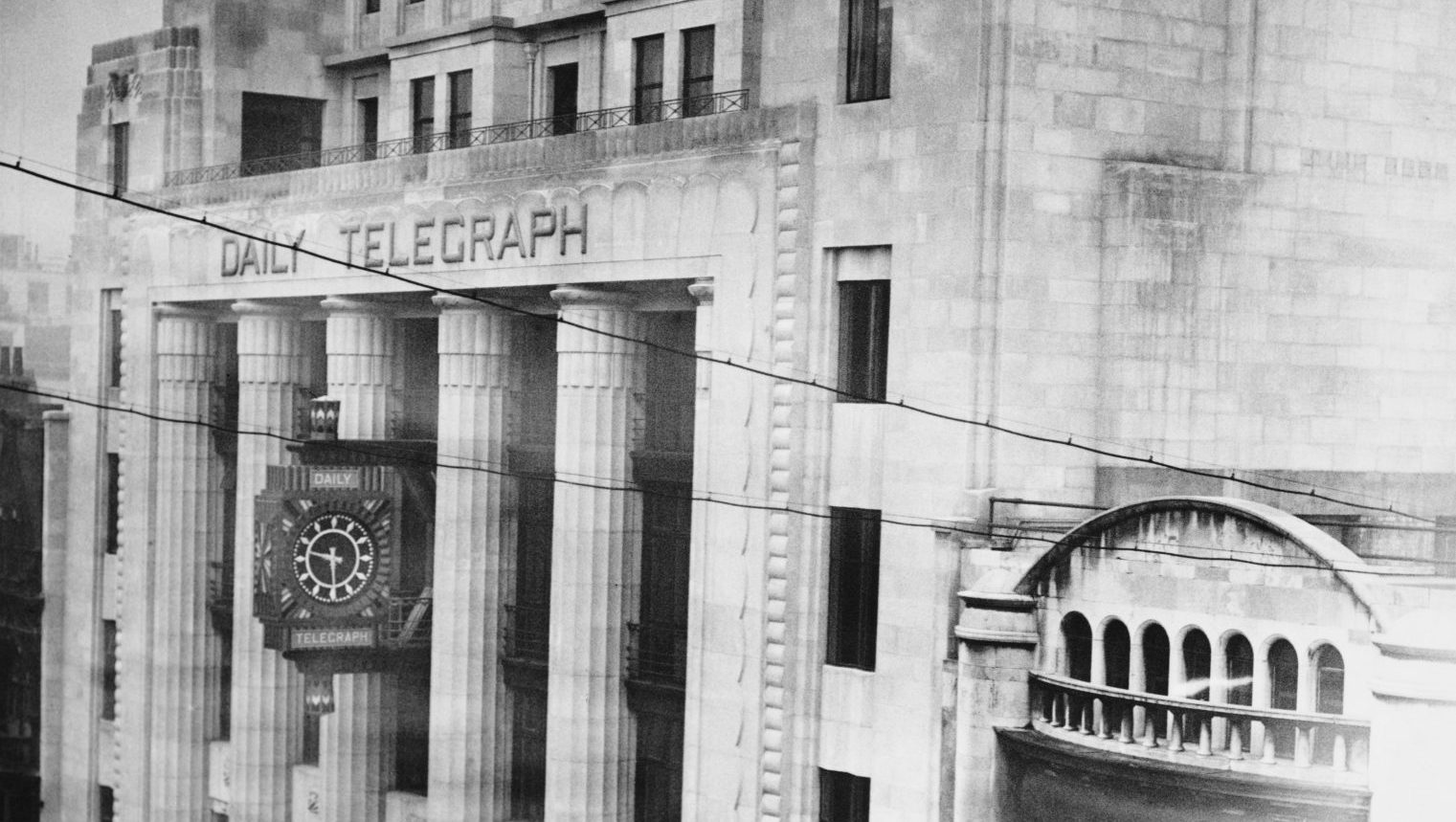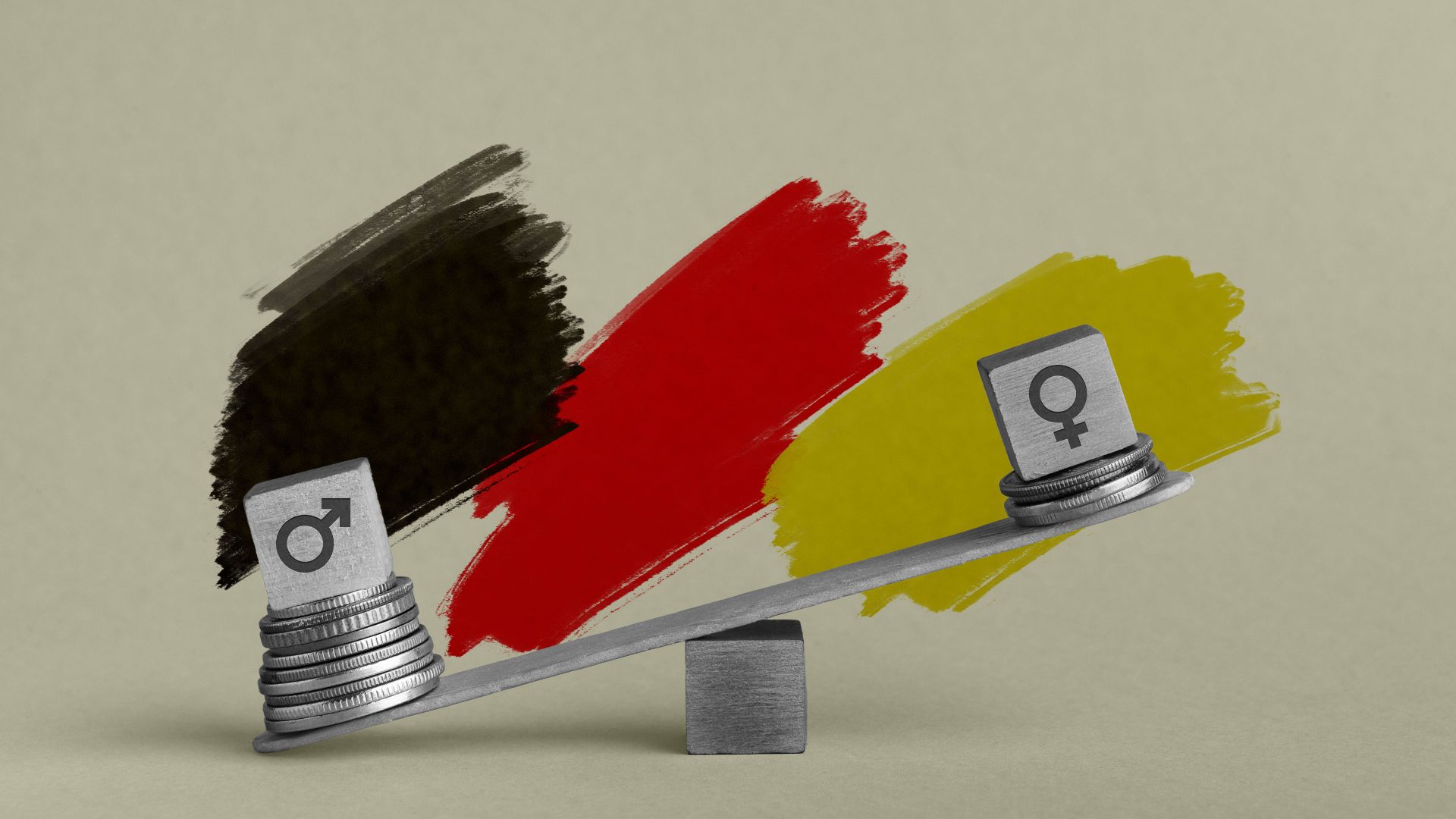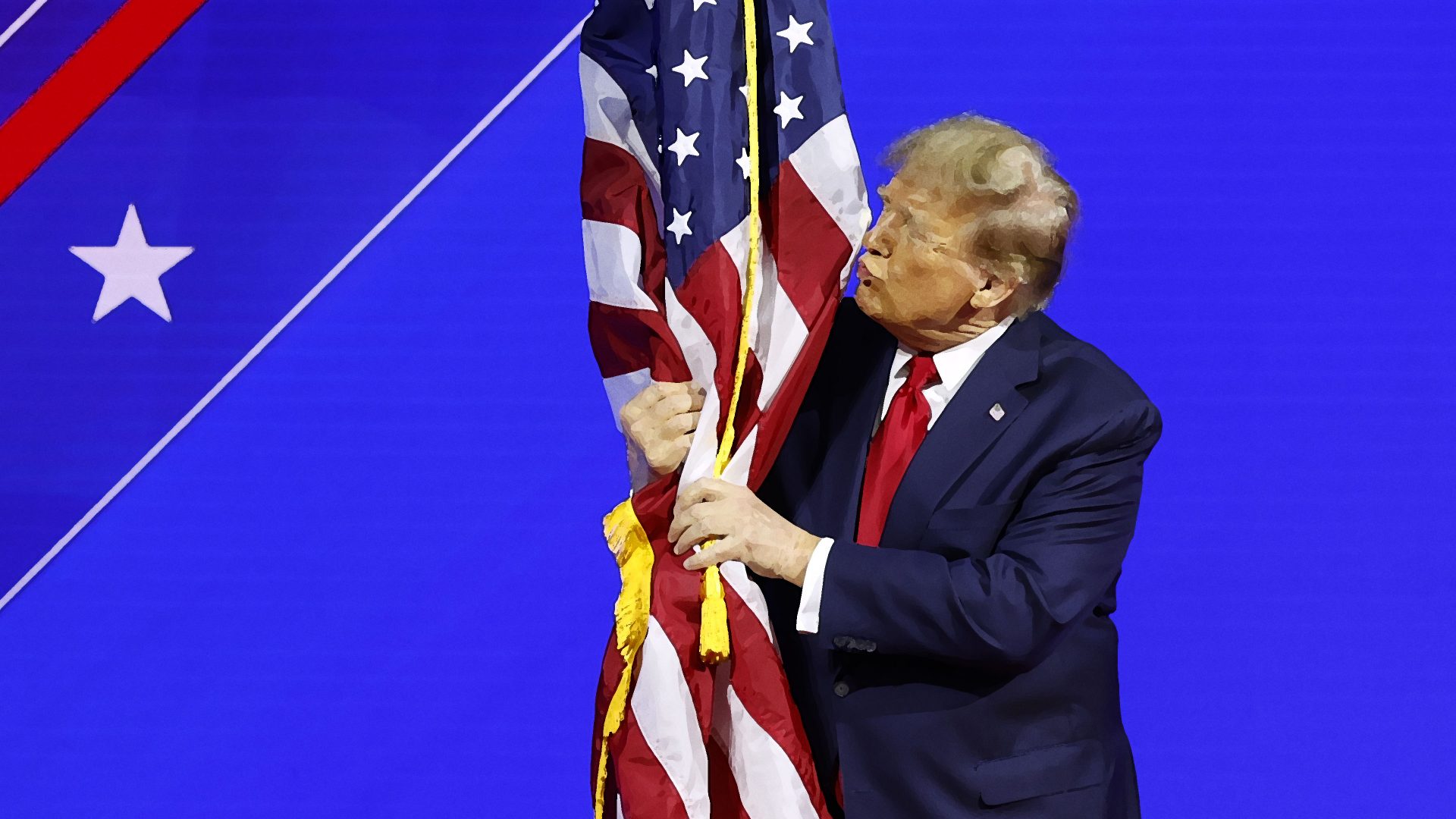With trade between the UK and the UAE topping £25.3bn last year, Rishi Sunak is growing anxious about his government blocking the UAE-backed RedBird IMI bid for the Daily Telegraph group.
“The UAE is taking this matter seriously at a state level and that potentially imperils a complex set of relationships,” says my informant close to the bidding process. “There are personal issues, too, so far as Sunak is concerned, as Infosys, the IT conglomerate co-founded by his father-in-law NR Narayana Murthy, has extensive business interests in the UAE. Even one of the rival bidders, the Daily Mail owner Lord Rothermere, is having to tread carefully as his exhibitions business is also heavily dependent on income from the region.”
Lucy Frazer, the culture secretary, is currently reviewing the Telegraph sale amid concerns about overseas control of a national newspaper. The already fraught situation has hardly been helped by the row over Islamophobia that followed Lee Anderson’s intemperate rant against the London mayor Sadiq Khan.
I am told the RedBird IMI team are also well aware that the parliamentary opposition to their bid is being coordinated by Sir Jacob Rees-Mogg, who is paid £32,000 a month to work as a presenter for GB News, where the majority owner is Paul Marshall – RedBird IMI’s main rival to take over the Telegraph. The Hope Not Hate charity exposed Marshall last week for sharing and liking anti-Muslim posts on the X social media platform, shortly before Anderson disgraced himself and had the Tory whip removed.
My informant adds: “My sense is Sunak will either tell Frazer to nod through the UAE bid or kick the whole process into the long grass and make it Labour’s problem when they come into office. He is also of course wary of doing anything that contradicts his message that the UK wants to do business with the whole world.”
Although Chris Evans, the Telegraph editor, has expressed his opposition to a UAE-backed takeover of the paper, the feeling in his newsroom is at best ambivalent. The journalists know RedBird IMI have the money the paper needs to ensure it’s properly funded in the years ahead. I gather Lloyds Bank – which effectively forced the sale of the Telegraph business to recoup monies they had loaned to the Barclay family – also see a sale to RedBird IMI as the quickest and easiest way to recoup their losses.
Intriguingly, Marshall is being advised in his bid to buy the Telegraph by Paul Zwillenberg, who was Rothermere’s CEO and chairman until he parted company with him in 2022. One Mail man tells me: “Since they were at Duke University in the States together, Paul has been Rothermere’s Mini-Me. When Rothermere went grouse-shooting, Paul decided to learn to shoot so he could go too; when his boss got monogrammed shirts, he got them; he drank the same vintage wine and would insist on staying in precisely the same suites in hotels that Rothermere stayed in. Quite frankly, Paul’s involvement in the Marshall bid is really all about a bromance that’s turned sour.”
With her post-prime ministerial earnings being dwarfed by those of Boris Johnson and even Theresa May, Liz Truss needed to make friends and influence people during her trip to the States to appear at the Conservative Political Action Conference in America but she received, at best, mixed reviews.
Syed Mahmood, who was one of the organisers of a leaders’ dinner that was held at the same time at the Waldorf Astoria in Washington DC, invited Truss to speak for five minutes on the subject of a UK-US trade agreement and made it clear she mustn’t get into talking about her ideology or her new book.
“Overall her trip didn’t go well,” he added. “No one in the USA gives a damn about what an unsuccessful former UK PM has to say.”
He said she got a lot of bad publicity and felt her advisers were not that good. He told Jonathan Isaby, the former gossip columnist who now serves as Truss’s communications man, that he should have curated some more “high class” events for his boss involving serious broadcasters like CNN or ABC rather than heading off to CPAC to appear alongside Donald Trump’s former sidekick Steve Bannon.
He added that Truss had seemed surprised that the leaders’ dinner had been attended by both Republicans and Democrats, which made him feel she was unused to venturing outside her hard right comfort zone.
As irked as Sir Ed Davey’s media team were that three-quarters of his interview with Laura Kuenssberg over the weekend was taken up with his failure to take action in the coalition government over the Post Office scandal, things could potentially have been even worse. Kuenssberg could have asked the Lib Dem leader, too, about how he has just accepted a £25,000 donation from the oil and gas tycoon Francesco Mazzagatti.
Sir Ed took the cash to pay for a table for him and his party at the London Air Ambulance Black and White Gala at Raffles in London earlier this month. A good cause, for sure, but taking money from a man so involved in the fossil fuel industry when the Lib Dems are proposing a windfall tax on the oil and gas industry and looking to boost renewable energy is not a good look.
Mazzagatti runs a group of energy firms whose principal activity is the “production of upstream oil and gas” through his outfit RockRose Energy which he acquired in September 2020. It’s making big money – £873.4m in sales in 2022, £400m up on 2021 – and it’s now looking to pursue opportunities for future acquisitions in the North Sea and beyond.
You might have thought a penny would be too much to pay for the thoughts of Dominic Raab, Sir Gavin Williamson, Sir Alok Sharma, Guto Harri and Lord David Frost, but astonishingly they have helped Chartwell Speakers – the speakers’ agency set up in 2007 – rack up £600,000 in annual profits which has taken it to £1.15m in accumulated earnings.
Intriguingly and quite possibly for comic relief, Dido Harding, who oversaw what the Public Accounts Committee called the “unimaginable” £22bn cost of test and trace during the Covid pandemic, is on offer from Chartwell to talk about leadership. “Our speakers provide knowledge and inspiration to audiences, with actionable and practical takeaways for success,” the outfit claims.
Meg Hillier, the chair of the Public Accounts Committee, might beg to differ. She pointed out that Harding, in charge of test and trace, could not point to a single measurable difference it had made to the progress of the pandemic. “British taxpayers,” said Hiller, “cannot be treated by government like an ATM.”
I gather Harding has not turned out to be one of Chartwell’s most requested speakers.




